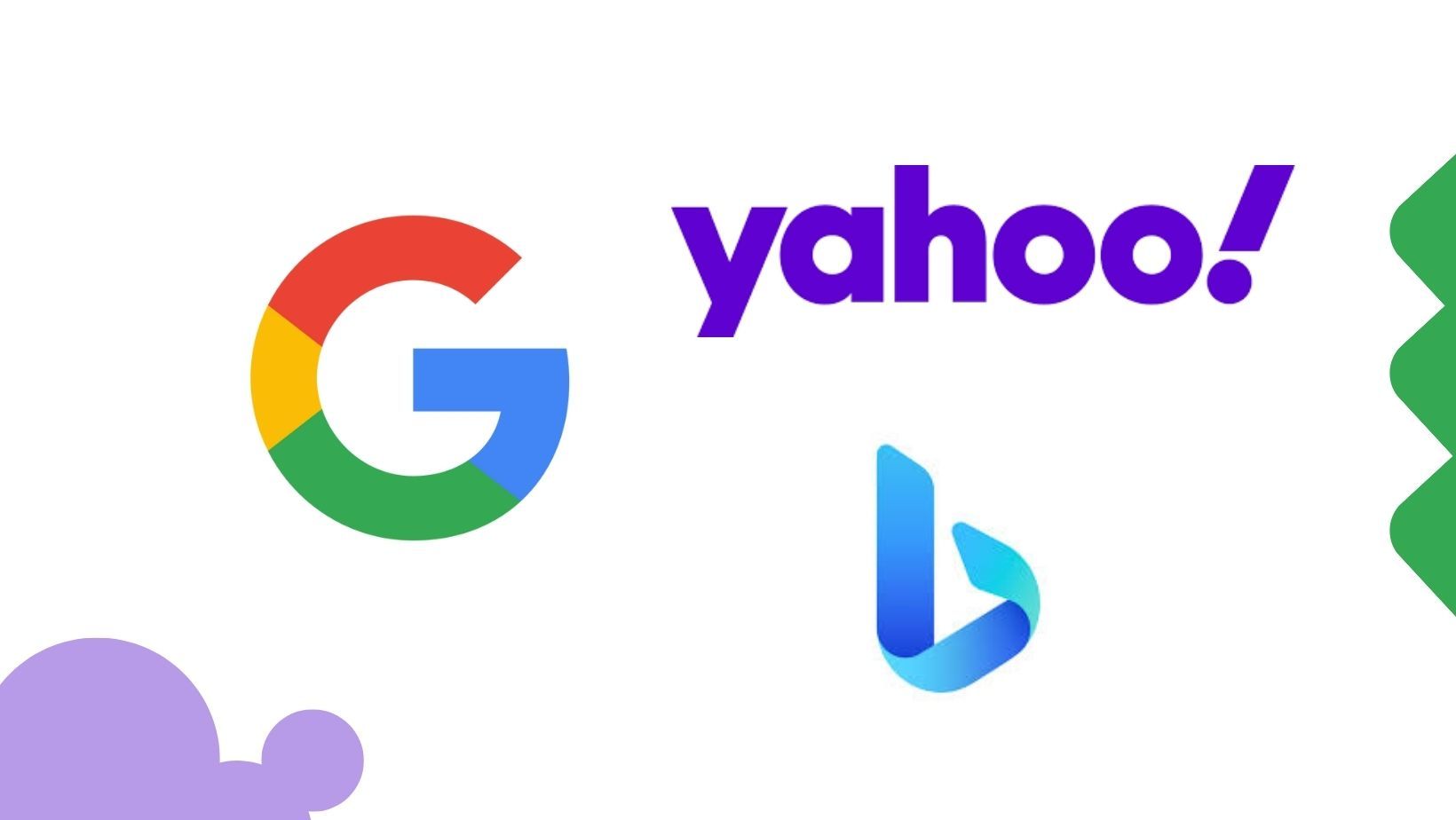
In the dynamic digital realm of the United Kingdom, a myriad of search engines cater to the diverse needs of users. Understanding the landscape of popular search engines in the UK is crucial for anyone navigating the vast sea of information available online. From mainstream giants to specialized platforms, this overview delves into the unique characteristics that distinguish each search engine, providing valuable insights for users seeking optimal search experiences in the UK.
Leading Search Engines in the UK 2023: Market Share Insights
Navigating the digital landscape of the United Kingdom involves recognizing the dominant forces in the search engine arena. In 2023, the major players continue to shape the online search experience for users across the country. Google remains the undisputed leader, maintaining a substantial market share, while Bing and Yahoo persist as noteworthy contenders.
This overview provides a snapshot of the current market dynamics, shedding light on the percentage of searches commanded by each of these leading search engines. Understanding the market share insights is essential for users aiming to harness the most effective and widely used platforms for their online queries. Whether you're a seasoned netizen or a digital novice, staying informed about these market leaders ensures a more informed and efficient search experience in the UK.
Google: The Unrivaled Search Giant
Google, with its iconic multi-colored logo, continues to dominate the search engine landscape in the UK in 2023. Holding an impressive market share, Google is the go-to platform for the majority of online queries. Its powerful algorithms, comprehensive index, and user-friendly interface contribute to its unrivaled popularity. From general searches to specialized inquiries, Google remains the primary choice for users seeking quick and accurate information. Its widespread adoption is a testament to its reliability and continuous innovation in providing an optimal search experience.

Bing and Yahoo: The Formidable Challengers
While Google reigns supreme, Bing and Yahoo persist as formidable challengers in the UK search engine market. Bing, known for its visually appealing homepage and video integration, has carved a niche for itself, attracting users seeking an alternative to the Google experience. Yahoo, on the other hand, maintains its presence with a focus on curated content and a distinctive approach to search. Together, Bing and Yahoo contribute to the diversity of choices available to users, offering features and perspectives that differentiate them from the search giant, Google.

Most Used Search Engines in UK: 12 Month Analysis
Search engines play a vital role in our daily lives, helping us find information on the internet. In the UK, Google is by far the most popular search engine, with a market share of over 90%. However, there are a number of other search engines available, each with its own strengths and weaknesses.
According to Similarweb, Google's market share in the UK has been steadily increasing over the past 12 months. In June 2022, Google had a market share of 88.49%. By June 2023, this had increased to 92.53%. Bing is the second most popular search engine in the UK, with a market share of around 5.65%. DuckDuckGo is the third most popular search engine, with a market share of around 0.55%.
Google's dominance of the UK search market is due to a number of factors, including its superior search algorithms, its vast index of websites, and its strong brand recognition. However, there are a number of other search engines that are worth considering, each with its own strengths and weaknesses.
Bing is a good alternative to Google, especially for users who are looking for a more private search experience. DuckDuckGo is another good option for privacy-conscious users, as it does not track users' search history. Yahoo is a third option that is still popular with some users, although its market share has been declining in recent years.
In terms of market share differentiation by platforms, Google is the most popular search engine on both desktop and mobile devices. However, Bing is more popular on desktop devices than mobile devices, while DuckDuckGo is more popular on mobile devices than desktop devices.

Measure the Digital World
In today's fast-paced digital environment, measuring the pulse of the online world is crucial for businesses and individuals alike. This sub-section underscores the importance of monitoring the digital landscape, emphasizing the role of digital metrics in making informed decisions. Whether you're a business owner seeking to optimize online visibility or an individual aiming for an enhanced search experience, understanding the metrics associated with the most used search engines in the UK provides valuable insights.
By gauging the market share differentiations across platforms and regions, users can align their strategies with the prevailing trends, ensuring a more effective and targeted approach in the dynamic digital world.
In-Depth Look at Popular UK Search Engines
Navigating the dynamic digital landscape of the United Kingdom involves understanding the key players in the search engine arena. Here, we provide an in-depth look at the popular search engines shaping the online search experience for users across the country.
Understanding Search Engines
Search engines play a pivotal role in helping users access information on the vast expanse of the internet. These digital tools utilize complex algorithms to index and rank web pages based on relevance to user queries. While Google remains the dominant force, there are alternative search engines catering to diverse preferences.
1. Google Search: As the most widely used search engine globally, Google has become synonymous with online searching. It employs sophisticated algorithms that consider numerous factors to provide users with highly relevant and personalized search results. Google's dominance is attributed to its effective indexing, page-ranking algorithms, and a vast database of web pages. The company continually updates its search algorithms to enhance user experience and deliver accurate information.

2. Bing: Developed by Microsoft, Bing is another major search engine that competes with Google. While it may not have the same market share, Bing distinguishes itself by incorporating visually appealing backgrounds on its homepage and providing unique features like the "Bing Video" homepage section. Bing's search algorithms aim to deliver diverse search results, and it powers the search functionality for Microsoft's products, such as Windows and Microsoft Edge.

3. DuckDuckGo: Prioritizes user privacy by not tracking search history or personalizing search results.

4. Yahoo Search: Maintains a presence with a curated approach to content, catering to users looking for a unique search experience.
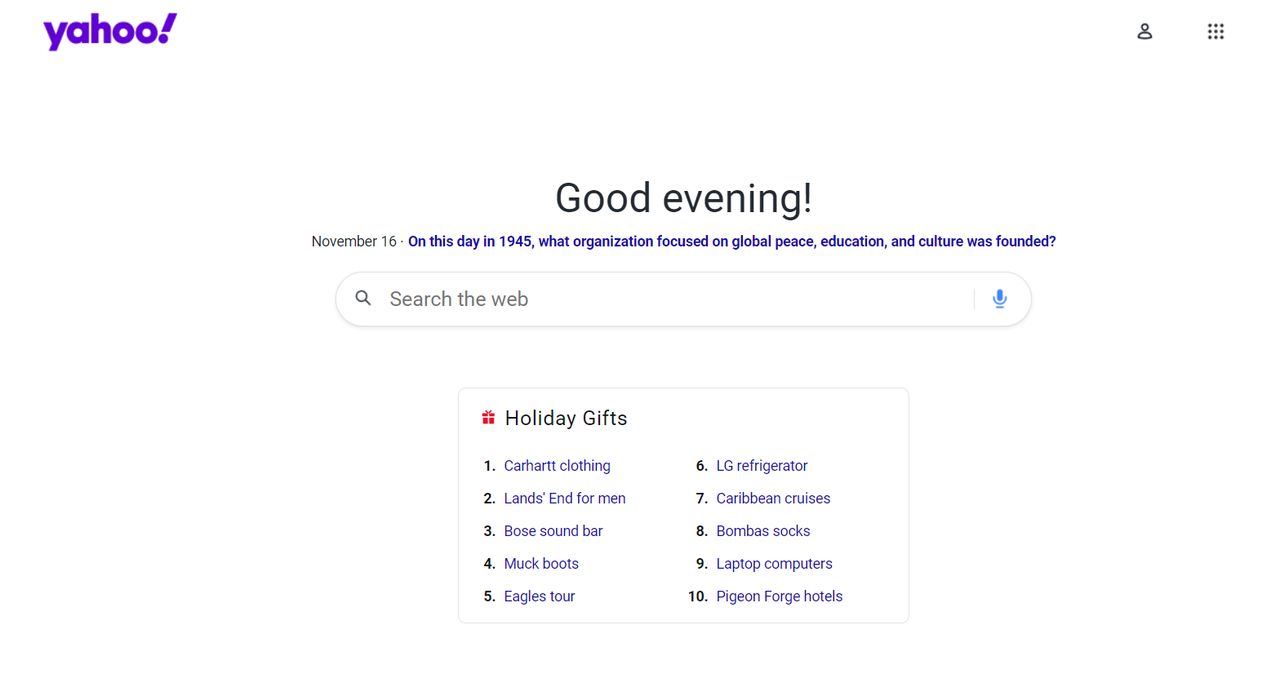
5. Ecosia: Stands out for its commitment to environmental sustainability by using profits to plant trees globally.
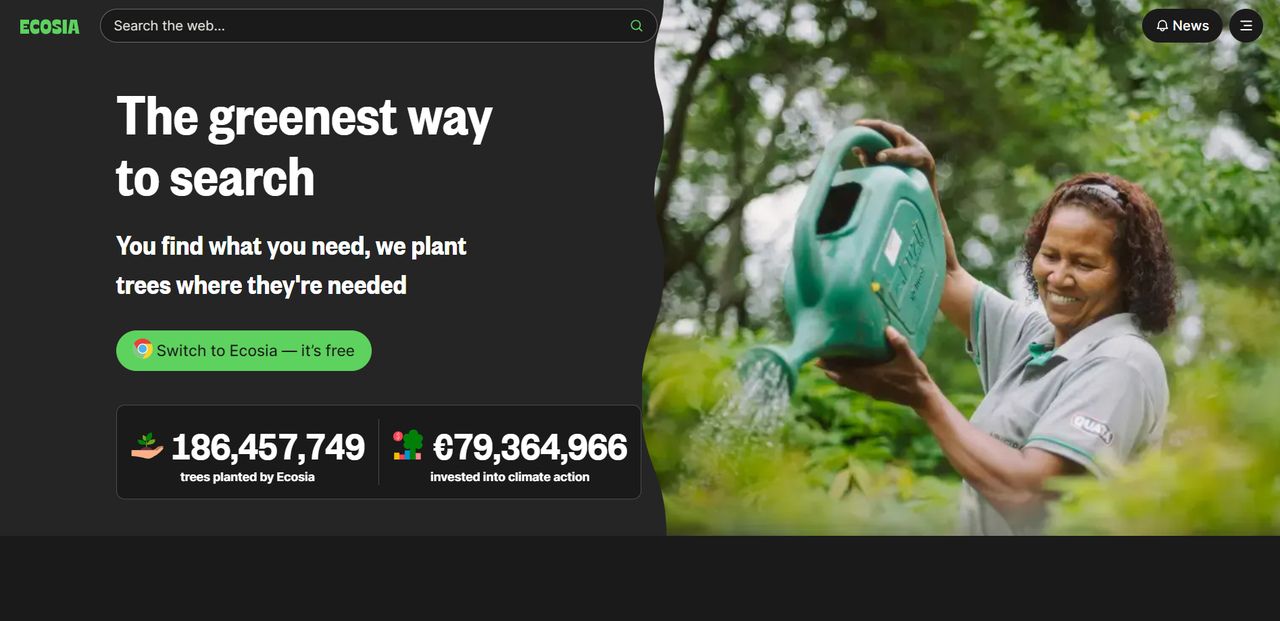
6. Brave Search: Puts a premium on privacy, offering users a search experience without tracking their online activities.
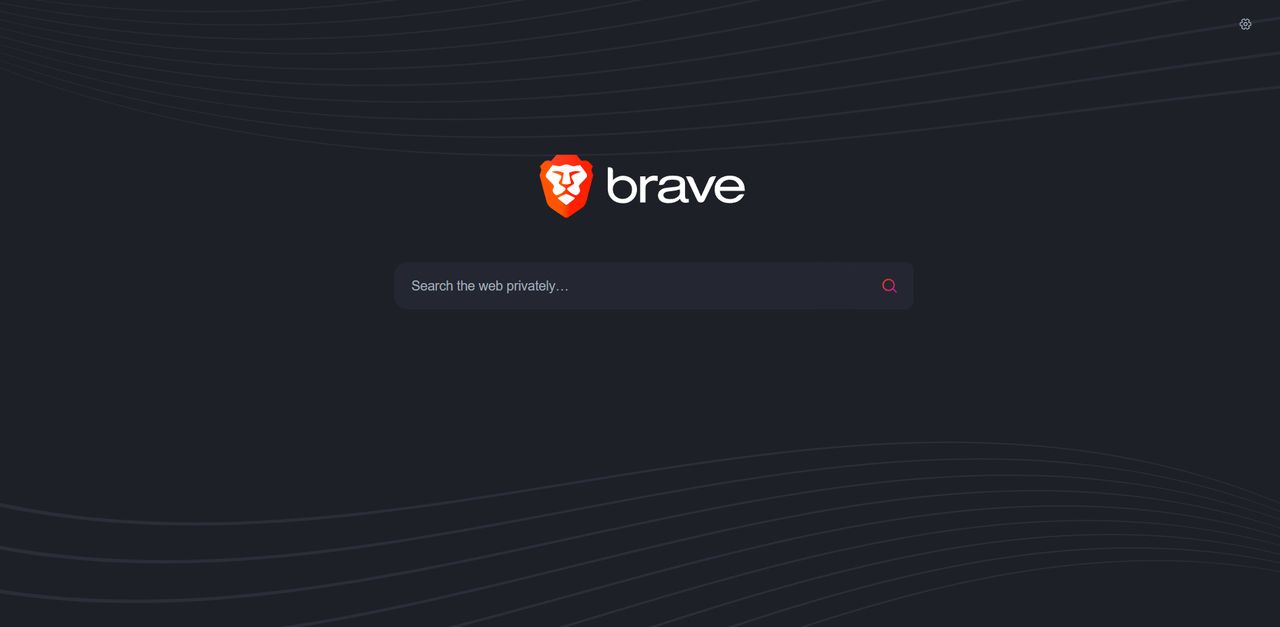
7. iAsk.ai: Leverages artificial intelligence to provide more context-aware and personalized search results.
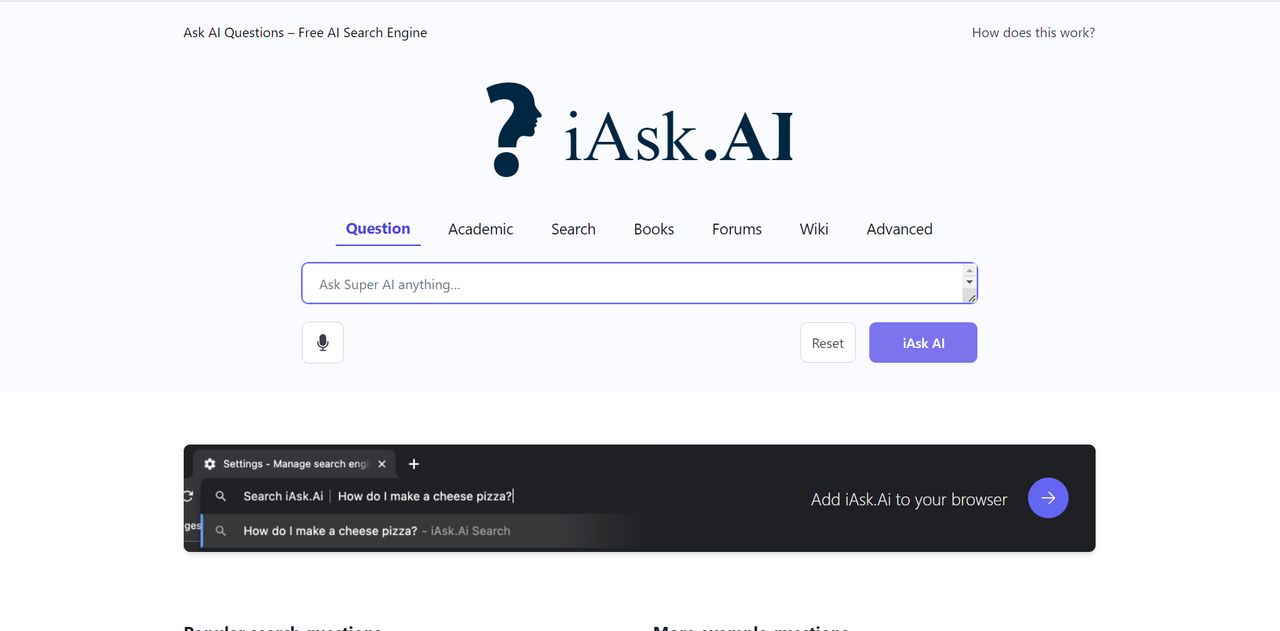
8. Swisscows: Emphasizes data security and privacy, employing a unique semantic map to enhance search accuracy.

9. Perplexity AI: Utilizes advanced AI models to understand complex queries and deliver more nuanced search results.
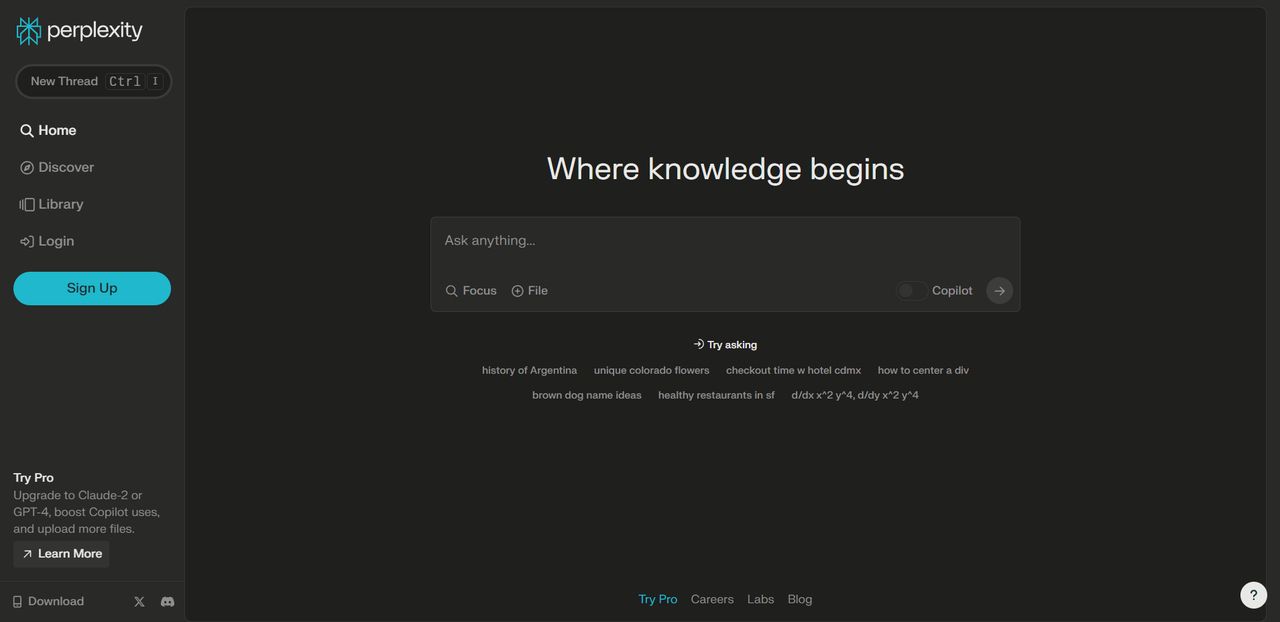
10. Startpage: Offers private and anonymous searches by using Google's search results without tracking users.
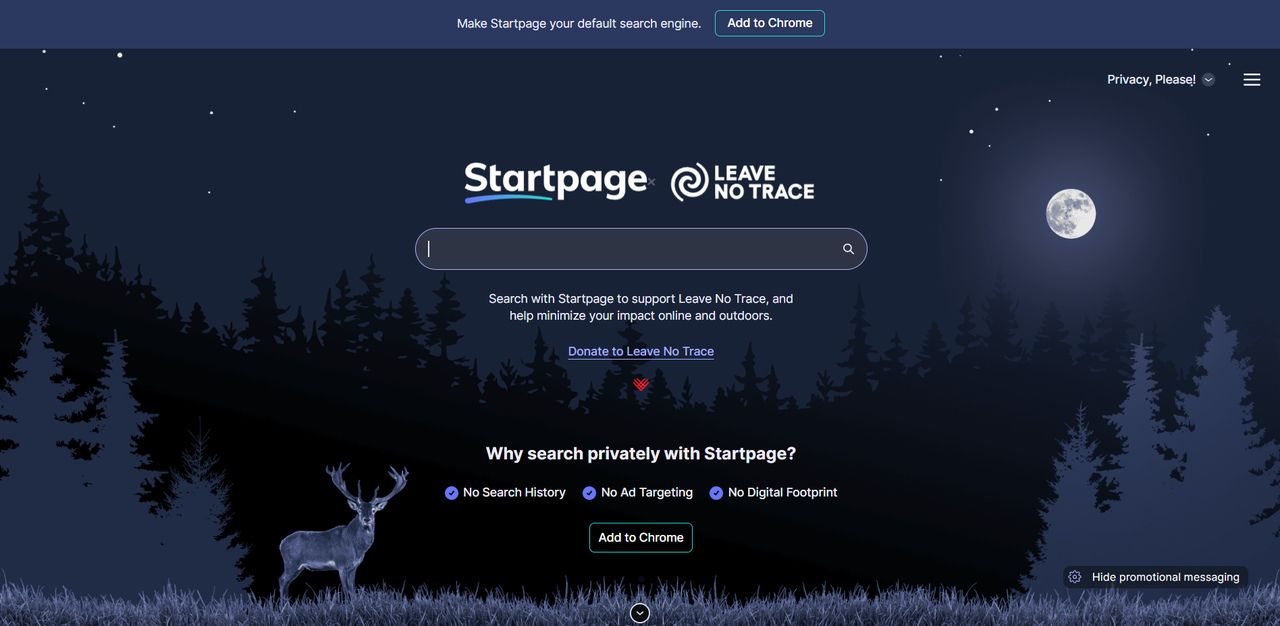
Comparing Top Search Engines in the UK
In 2023, the search engine landscape in the UK is dominated by three major players: Google, Bing, and Yahoo. Let's delve into a comparative analysis of these top search engines, exploring their features, benefits, and potential downsides.
Certainly! Let's delve deeper into the features, benefits, and potential downsides of each search engine in the UK:
Google: The Unrivaled Search Giant
Features:
- Powerful Algorithms: Google's advanced algorithms prioritize relevance, delivering highly accurate search results.
- Comprehensive Index: With a vast index of web pages, Google ensures users have access to a wide range of information.
- User-Friendly Interface: The simplicity of Google's interface contributes to its widespread adoption.
Benefits:
- Reliability: Google's longstanding reputation for reliable and relevant search results instills trust among users.
- Continuous Innovation: Google regularly updates its algorithms and introduces new features, ensuring a dynamic and evolving search experience.
Potential Downsides:
- Privacy Concerns: Google's extensive data collection for personalized ads raises privacy concerns among some users.
- Market Dominance: While Google's dominance is a testament to its success, it also raises concerns about competition and diversity in the search engine market.
Bing: The Visually Appealing Challenger
Features:
- Visual Appeal: Bing's homepage features stunning images and interesting facts, providing a visually engaging experience.
- Video Integration: Bing integrates video previews directly into search results, offering a unique way to explore content.
Benefits:
- Alternative Experience: Users seeking a departure from Google's simplicity may find Bing's visually oriented approach refreshing.
- Microsoft Integration: Bing is integrated into Microsoft products, providing a seamless experience for users of Windows devices.
Potential Downsides:
- Smaller Index: Bing's index may not be as extensive as Google's, potentially impacting the breadth of search results.
- Less Familiarity: Despite its features, Bing may face challenges due to the entrenched popularity of Google.
Yahoo: The Content Curator
Features:
- Curated Content: Yahoo emphasizes curated content, offering a different approach to search with featured articles and trending topics.
Benefits:
- Distinctive Approach: Users looking for a more curated and editorialized search experience may appreciate Yahoo's unique approach.
- News and Trends: Yahoo's focus on trending topics and news can be valuable for users interested in staying updated.
Potential Downsides:
- Limited Index: Yahoo's search index may not be as extensive as Google's, potentially affecting the comprehensiveness of search results.
- Perception Challenges: Yahoo's image as a legacy brand may impact its appeal to younger, tech-savvy users.
In conclusion, while Google maintains its dominance with reliability and innovation, Bing and Yahoo offer alternative experiences that cater to specific preferences. Users in the UK have the luxury of choosing a search engine based on their priorities, whether it's visual appeal, curated content, or a preference for the tried-and-true Google experience.
Conclusion
As we conclude our exploration of the popular search engines in the UK, it becomes evident that the digital landscape offers a rich tapestry of options for users seeking information. Google, with its unparalleled dominance, remains the go-to platform for users of all preferences, thanks to its powerful algorithms and user-friendly interface.
Bing and Yahoo, while not overshadowing Google, present formidable alternatives, each with its unique features and approaches to search. The landscape further diversifies with alternative search engines like Brave Search, iAsk.ai, Ecosia, DuckDuckGo, Swisscows, Perplexity AI, Startpage, and Yahoo Search, providing users with specialized and privacy-focused options.
This dynamic ecosystem ensures that users can tailor their search experiences based on their preferences, whether it be prioritizing privacy, environmental sustainability, or enjoying a curated approach to content. The 12-month analysis reveals nuanced trends, showcasing the evolving preferences of users in the UK.
For businesses and individuals alike, staying informed about these search engine dynamics is key to optimizing online visibility and ensuring an efficient and targeted approach in the ever-changing digital world. As the digital realm continues to evolve, understanding and adapting to these search engine trends will be crucial for anyone navigating the vast sea of information available online in the United Kingdom.
For further reading, you might be interested in the following:

